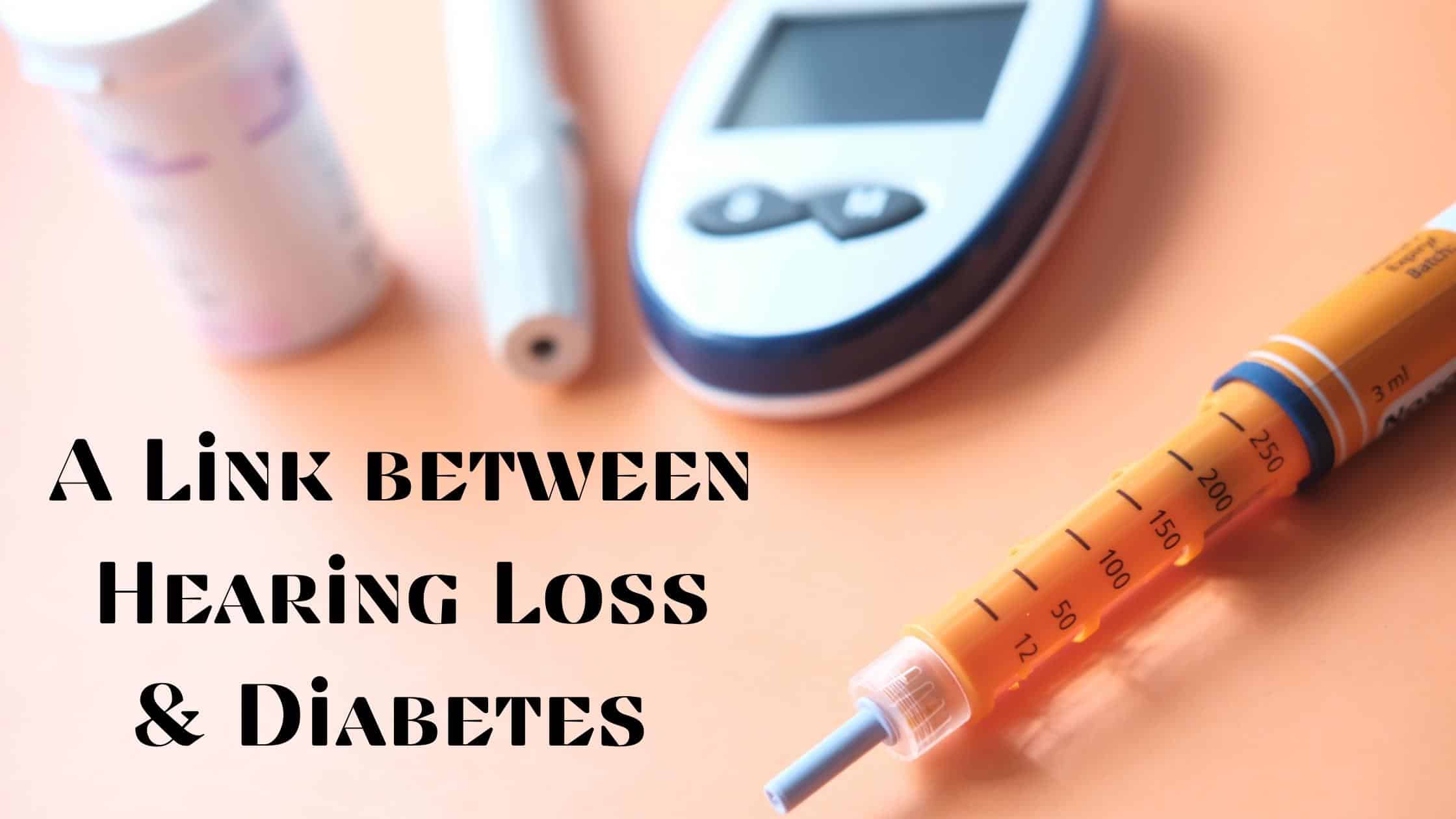Are you part of over 30 million people in the U.S. with diabetes? A new study finds that your hearing may be affected as well. Diabetes is a chronic health condition which affects how your body turns food into energy. The American Diabetes Association estimate nearly 11% of the entire U.S. population suffer from diabetes and the number is only expected to rise. Find out what you can do, to protect yourself from diabetes and protect your hearing loss at the same time!
Understanding Diabetes
When we eat, blood glucose, also known as blood sugar, is our main source of energy for our body. A hormone produced in the pancreas called insulin, is essential in the conversion of glucose from food to energy for the cells of our entire body. Diabetes develops and progresses when the body struggles to produce enough insulin or can process it effectively, resulting in excess glucose in the blood. This is also referred to as high blood sugar and can have devastating effects for the entire body’s health.
Health Risks of Diabetes
There are two major types of diabetes. Type 1 diabetes occurs most commonly in adolescence and is more of an autoimmune disease which prevents the body from making insulin.
The much more common, type 2 Diabetes develops when the body does not make enough insulin. The body relies on insulin to process glucose in your food to give you energy. This often occurs due to underactivity, and diet choices, prioritizing processed and sugar prominent foods. Symptoms include chronic fatigue, hunger, or thirst and if not addressed it can lead to serious health complications over time including:
- Heart and blood vessel disease.
- Nerve damage to limbs and extremities.
- Kidney disease.
- Vision issues.
- Skin issues.
- Slower healing
Understanding Diabetes Effect on Hearing Loss
Type 2 diabetes can also severely affect hearing loss. This is because the inner ears rely on tiny fragile cells called stereocilia to transmit sound from the ears to the brain. When hearing damage occurs the stereocilia can no longer transmit as much sound. These stereocilia rely on oxygen rich blood delivered to the ears to stay healthy. Diabetes puts people at high risk for conditions that affect the circulatory system. This is because high blood glucose levels cause fatty deposits to form inside blood vessels which over time can cause your blood vessels narrow, slowing blood flow. This slow flow of blood can cause permanent damage to the stereocilia as well as many other parts of the body.
Research into Hearing Loss & Diabetes
The connection between these two conditions has been long studied and dates back as far as the 1960s. However, a major study from 2008 identified solid connections and high prevalence between these two chronic conditions. The two conditions have long been associated but in a major 2008 study, findings revealed a significant correlation. Researchers at the NIDCD analyzed results from hearing tests and compared them to responses from a questionnaire from the Center for Disease Control, between 1999-2004. The study included data from 11,405 participants, spanning patients 20 – 69 years old, and identified significant proof of a higher prevalence of hearing loss in people who also had diabetes. The study found that depending on the frequency of your hearing loss, the more likely you will also have diabetes:
- For those with low to middle frequency hearing loss:
- 21% percent of adults had diabetes
- 9% of adults did not have diabetes
- For those with high frequency hearing loss:
- 54% percent of adults had diabetes
- 32% in adults did not have diabetes
Senior author of the study, Catherine Cowie, explained: ” Hearing loss may be an under-recognized complication of diabetes. As diabetes becomes more common, the disease may become a more significant contributor to hearing loss.”
Have Your Hearing Tested
If you have diabetes or your doctor has identified a predisposition to diabetes, it is important to have your hearing tested. Hearing loss often goes undiagnosed for many years, as it affects communication and relationships. The sooner you identify your hearing loss, the sooner you can start to treat the condition. The most common treatment for hearing loss is hearing aids, which amplify the sounds you struggle with, allowing you to stay connected, active and enjoying the life you love. Treat your hearing loss and keep your diabetes in check for a healthier and happier life.

